Chris Froome and Cadel Evans interview each other about races, retirement and the 2008 Tour
Two Tour de France winners chat in this extract from the January issue of Procycling
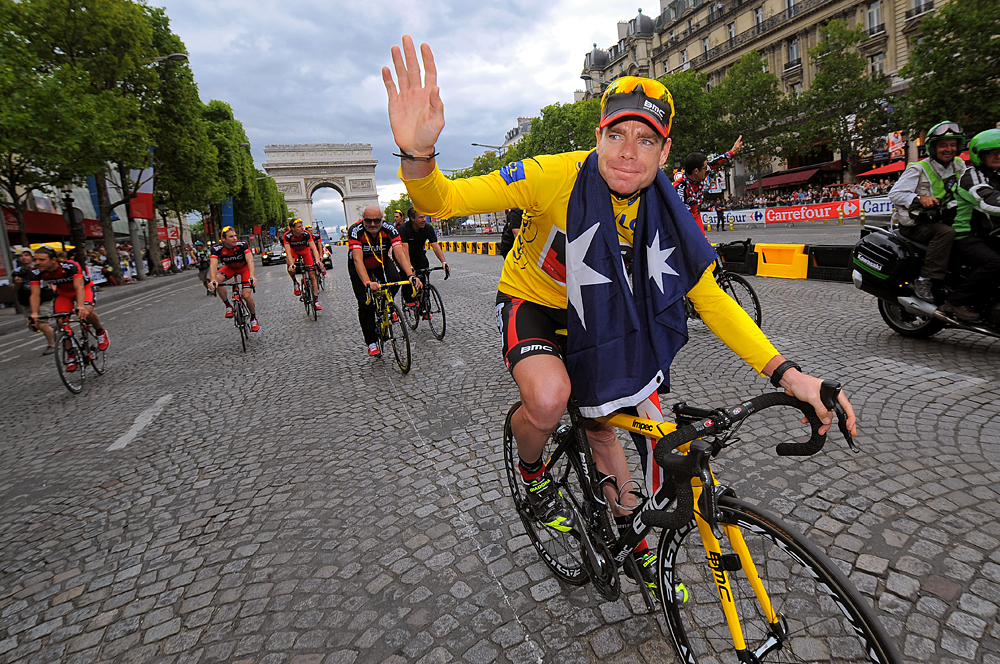
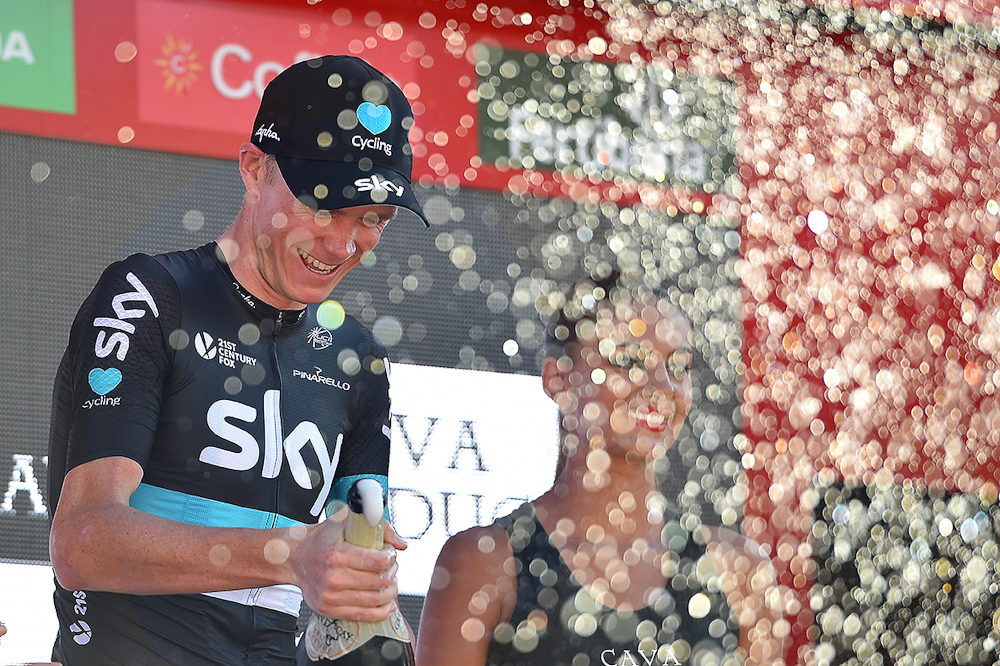
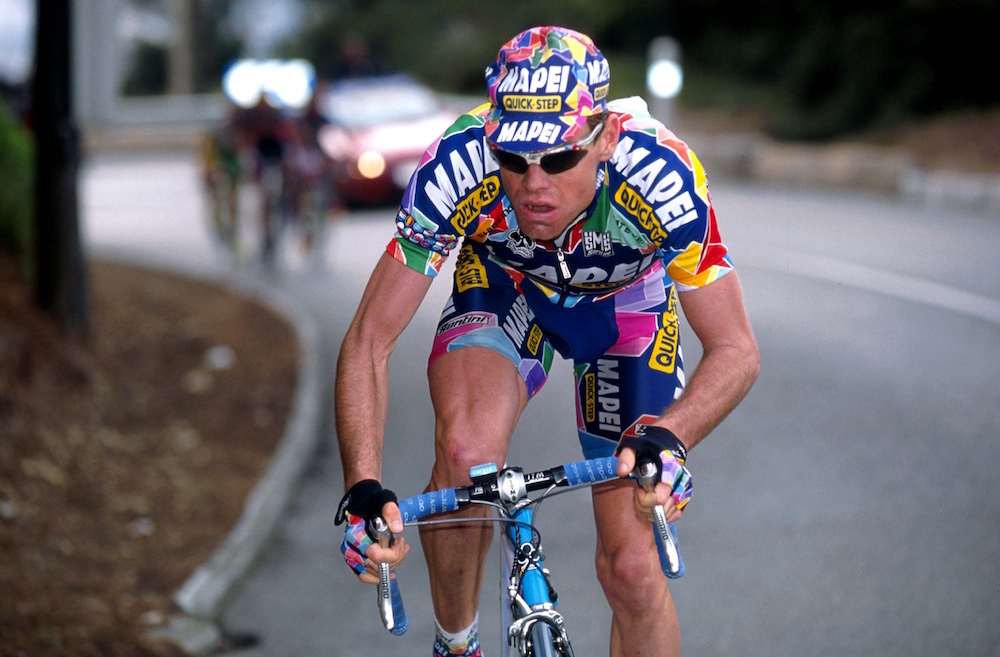
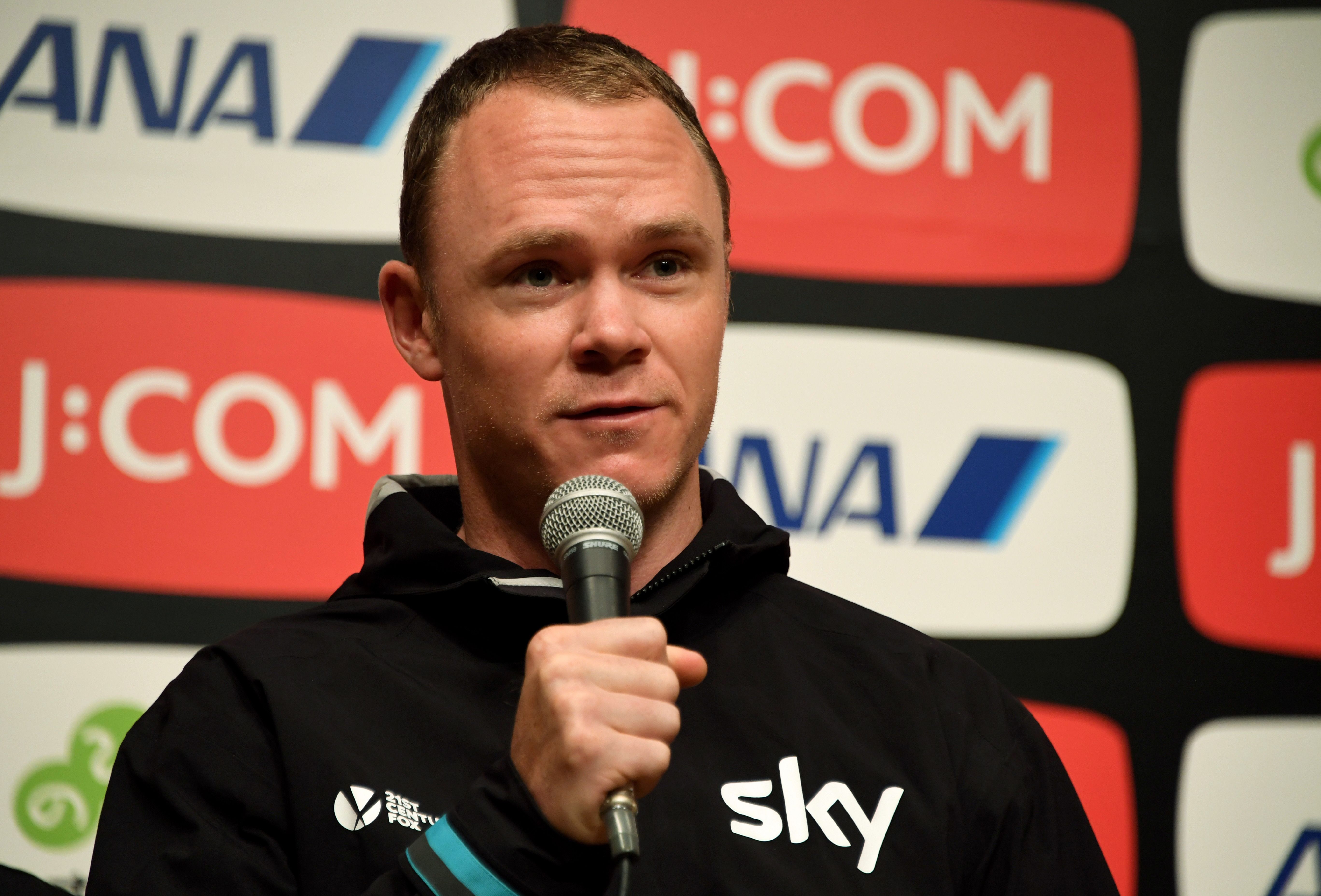
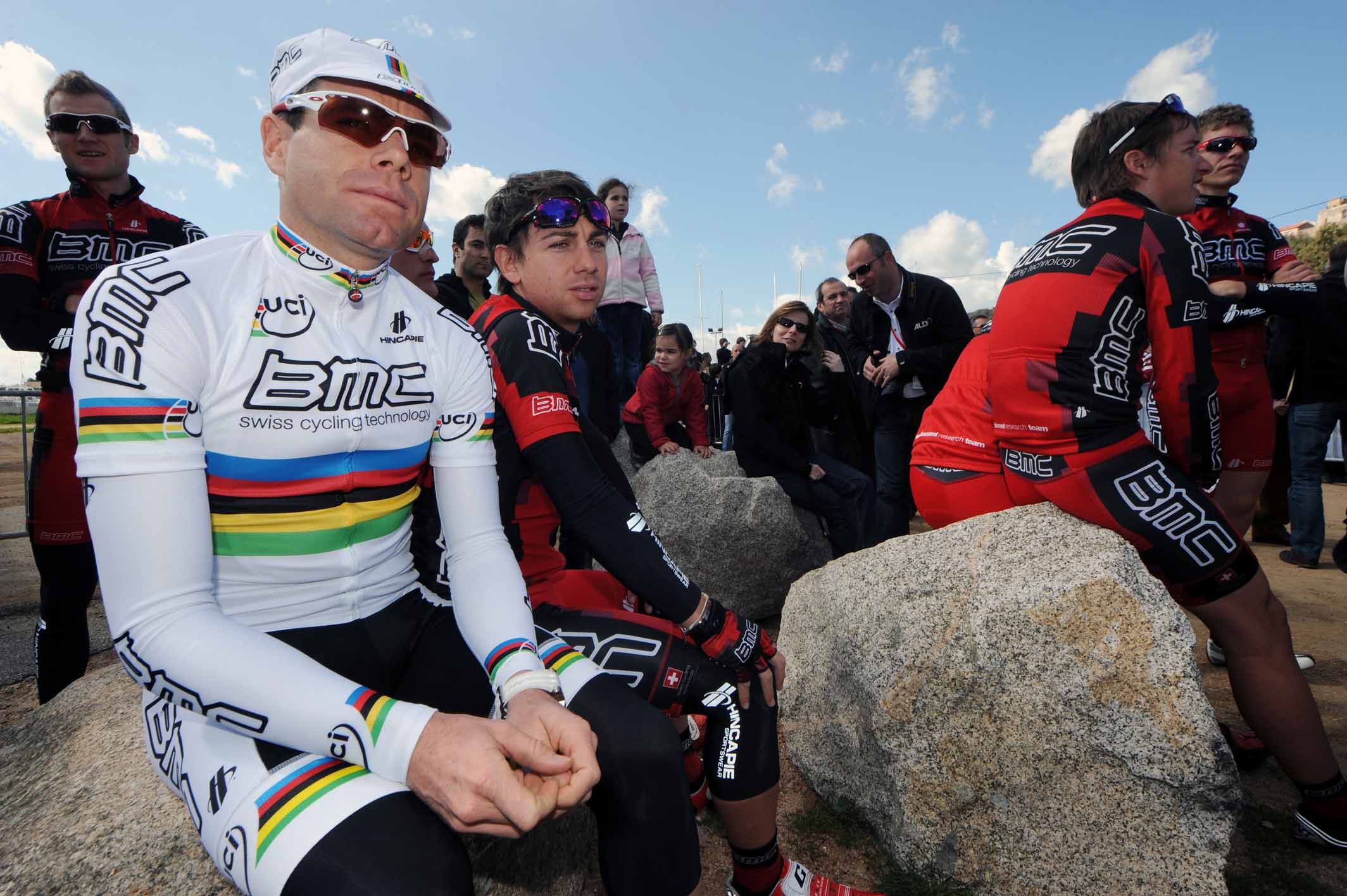
What’s better than interviewing a Tour de France winner? Two Tour de France winners interviewing each other!
For a feature in the January 2017 edition of Procycling magazine, guest-edited by Chris Froome, Froome and Cadel Evans chatted about life after cycling, the modern Tour and the sport’s changing culture. In this extract, the two Tour winners talk race design, retirement and the 2008 Tour. To read the full piece, buy Procycling January 2017, which is in shops on Friday, January 6.
Cadel Evans: So I assume you are a few weeks into training for next year...
Chris Froome: I’ve just started. I’m two weeks in, and still finding the legs again. I’ll be in Europe for Christmas and New Year, then come over here [Australia] again to start training before the races start. What have you been up to since you hung up your wheels? How have you been finding life?
CE: I hung up my wheels but I see it as the next chapter in life. I still ride as often as I can. When your life isn’t all about training like it is when you’re a rider, you don’t have to ride as much. I’m also busy with my race, of course, and my role as ambassador for BMC and being pretty heavily involved with the cycling industry. Between those things, I’ve got everything you don’t see as a rider. As a race organiser, being on the industry side, as opposed to being a pro, it’s been a really interesting experience. You’d be amazed how many ex-colleagues are in the industry – they’re all my ex-competitors from years gone by who I work with.
CF: Having been a rider for so long and still being in the industry – does that help give you perspective on things you’re doing now? For example with your race, you wouldn’t go and put a 90-degree corner 100 metres from the finish, right?
CE: I’d like to think so! Certainly from the race side I try to look at it from a bike rider’s point of view. Where it sits in the calendar, with reference to the planning done by the teams, the travel involved… Having been a rider, I wanted to think about that.
And with the route, as a rider you want to do certain things but when you step away to being in the race organiser role you’re involved with the police, with road safety, with the road circulation and so on. The area we race in is the access to a big tourist area, and it’s a national park so there aren’t many roads. We have to be careful where we go. You learn about that but certainly as a rider I like to think that I have an eye for the details which make the riders’ experience in our race more enjoyable and safer, but also to have an event that fits in with the training you guys are already doing, in terms of pre-season training, good weather and the travel and logistics of the teams. That was my biggest thing, to make sure that it works for the teams. Not just for a few years but hopefully forever.
Get The Leadout Newsletter
The latest race content, interviews, features, reviews and expert buying guides, direct to your inbox!
CF: That makes sense. Where your race is now, after the Tour Down Under and before the SunTour, it’s a handy place to be because teams are out there already and guys can get the training in and start getting some intensity in the legs. I think you’ve done a good job of that.
CE: Obviously with the way the weather’s going and the precedent set by Sky where you’re travelling to training camps in January, there’s more of that, so why not travel to Australia and get WorldTour points? We don’t want to make the race too hard because some people go there for the training side, so that’s part of my experience as a bike rider.
What has been interesting is noticing with the book, and with riders who become sports directors, as a rider you’re sometimes immersed, almost drowning in the details. When you go to be a DS you have to have a much broader overall view of things. One thing that changed my perspective, having written the book, is that I now have more respect for being a team manager than I had before. As a rider there’s a race tomorrow, or the next race, or next month, but you work for the next result. As a team manager you have to be thinking two years or four years ahead, taking on young riders to develop, working with the experienced riders… It’s an interesting realisation that came to me in the process of stepping away from racing.
CF: I’m not intent on hanging up my wheels any time soon, obviously, but how far out from the end of your career did you start thinking about this? Were you planning?
CE: All good things come to an end eventually. The best advice I received came from Andy Rihs: that it’s better to retire too early than too late. We’re conditioned as athletes to have to prove ourselves again and again. When it comes to retiring, in an athlete’s mind this can equate to quitting or giving up. Priorities change in life, as you’ll know, being a father now. The energy levels aren’t quite what they used to be and if you have a setback in terms of injury or illness, after 32 or 33, the recovery is noticeably and significantly different.
CF: I’ll keep that in mind!
CE: I’m happy it came. The day after my last race I went out on my bike with a big smile on my face. I was still passionate to ride.
CF: It’s nice to walk away from the sport without regrets, and be happy with what you have done. Looking further back to 2008...You won’t remember this - you were trying to win the Tour yourself – but that was my debut as a neo-pro on Barloworld.
CE: I do remember!
CF: That was the year Carlos Sastre won; you were second, under a minute back. My best result was something like 14th in the final time trial, so I wasn’t up there on GC but do you remember racing against me? Or were you focused on your race?
CE: I remember well. This is funny. There was a stage which ended on a descent. It was the highest road in Europe – they made a little extra road to make it higher [Col de la Bonnette]. I was watching you and your positioning before the climb, then looked through the results at the finish to see where you were. That evening I told the Lotto team manager, Marc Sergeant, that you were a rider we should sign.
With your experience and what you had physically, and you being from Africa, it gave me faith in you as a rider for the future. I said that you were a rider to watch, that we should get you on the team, and that you were going to go somewhere. It’s easy to say that now but at the time I saw with you being new to the peloton… What people don’t realise is that without experience, the positioning before the climbs when you first go to race in Europe as a pro is far more difficult than they think. I thought you were pretty good!
CF: It’s fair to say that when I came into the sport, I was pretty naïve in respect to where the sport was in terms of moving on from the doping era, and the general mentality in the sport. In the 2008 Tour there was a load of guys implicated. One of my team-mates, Moisés Dueñas, Stefan Schumacher, Riccardo Riccò, Bernhard Kohl, it was an absolute mess. I can remember feeling, ‘What have I got myself into?’ There were guys getting carted off left, right and centre. Your career being much longer, you’ve probably seen even bigger changes. What would you say about the sport now compared to when you started?
CE: The biggest thing I saw change, and it was changing in 2008, was the mentality of riders towards those who had been caught. The mentality towards them was changing in that year. People who were cheating were starting to be looked down upon in a stronger fashion. I think the change in mentality was the biggest influence. Everyone involved in the sport from top to bottom, sponsors, journalists, riders, coaches, everybody wanted a clean sport and that was starting in 2008. I heard comments from riders who were from an earlier and darker period than I was and it was interesting to hear those negative comments from people. That was refreshing.
To read the rest of the conversation between Chris Froome and Cadel Evans, buy the January edition of Procycling, which is in UK shops from Friday, January 5.